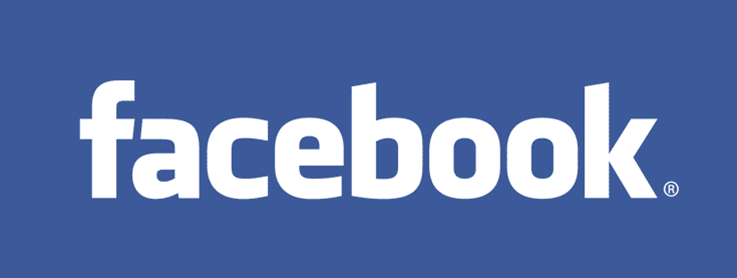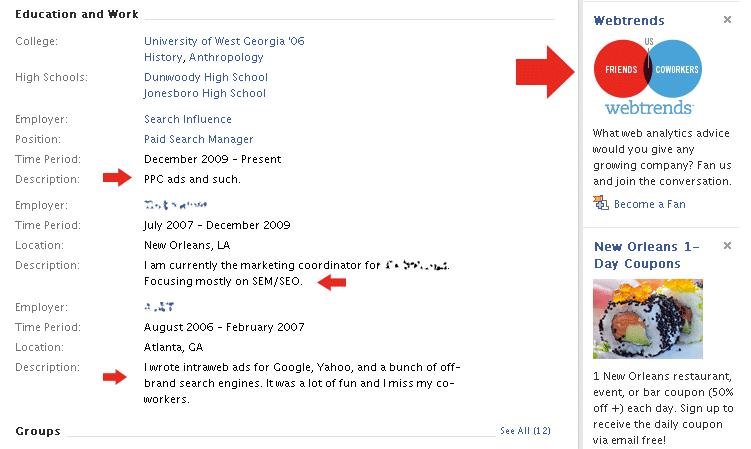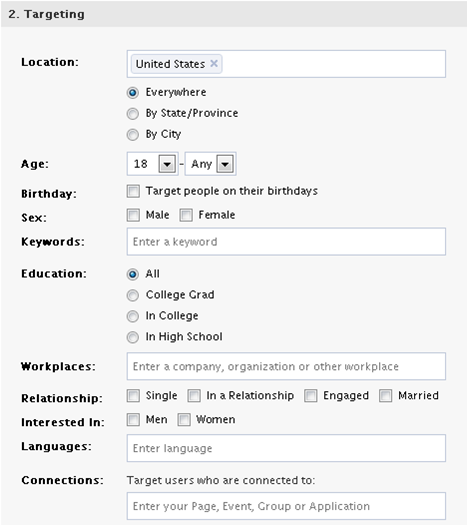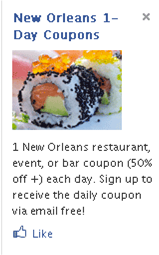Exploring the Successfulness of Facebook Advertising
February 18th, 2010 by
Hi, my name is Anthony and I am a recovering search marketing luddite.


Facebook Yields High ROI on PPC Ads
For years there have been only three internet ad services I viewed successful: Google Adwords, Yahoo Sponsored Search, and MSN Adcenter. Don’t misunderstand; I was aware of other services. I am a social media packrat after all, but I never considered them realistic alternatives to the holy SEM trinity. They seemed like gimmicks. As PPC manager at Search Influence, I provide these services to our clients but I never realized how truly profitable social media advertising was until I started comparing the conversion rates. The numbers spoke loud and clear – Facebook (to my surprise) was generating a high return with a significantly lower cost because of demographic targeting and editorial-like advertisements.


Facebook ad that targets keyword's in an user profile
Demographic targeting has always been the corner of successful search marketing. Though Google Adwords has demographic targeting capabilities, it lacks Facebook’s knowledge of its users. Facebook allows internet marketers to directly advertise to their core audience based not only geo-location, age, and sex, but a plethora of user define information.


Facebook Demographic Targeting
Facebook Advertising allows you to target by:
- Geo-location
- Age
- Sex
- Education Level
- Relationship Status
- Sexual Orientation
- Keywords
Instead of trying to convince a “researcher” to click through (as you compete with nine other ads and organic results), you can use demographic targeting to directly advertise to your potential client. Showing highly relevant ads to a smaller and more focused group of viewers leads to higher quality leads and lower cost per click (cpc).
While demographic targeting is key to finding your audience, the proper verbage is also needed. Unlike search engine advertising, these users are not looking for tax specialists or new-age spa retreats. This type of user is uploading pictures from their kid’s birthday and accepting event invites.


Example of Facebook Ad
So how do you engage these users?
Write magazine-like editorial ads for your targeted demographic.
The reason magazine and newspaper ads are so successful is they provide a great value proposition to a targeted user. Incorporating graphical elements gives Facebook ads a stark advantage over search engine advertising. This element not only allows user to visually convey the ad purpose, it is also a good way to generate a higher quality click-through rate (CTR). A relevant image will always be worth a thousand plus words.
In the end, while search engine paid advertising is beneficial in capturing high-level researchers, Facebook allows you direct access to a potential client. With a well-written advert, you can lead the horse to water instead of yelling at him to drink.


Facebook advertising works very well but Facebook fradulently charges more than your clicks.I have received 16 click but they have charged me for 64 clicks.4 times more than my original clicks.
I have sent an email to support team but they insist that Google Analytics does not collect the information correctly !!
Weird
@Mehmet,
That is weird. Doesn’t help much with their credibility to give such thin answers.
Would be nice if they had some clear explanation of the disconnect.
Will
@Mehmet,
I’ve actually noticed the opposite in regards to clicks. When I compare the traffic from FB and the clicks I was charged for there is always a 2 – 5% difference in traffic.
How are you tracking your FB campaign traffic in Analytics?
Best,
AC
[…] a slew of articles have been popping up about the ineffectiveness of Facebook advertising. While we recently touched on this subject in a previous blog post, I thought I would explain why […]